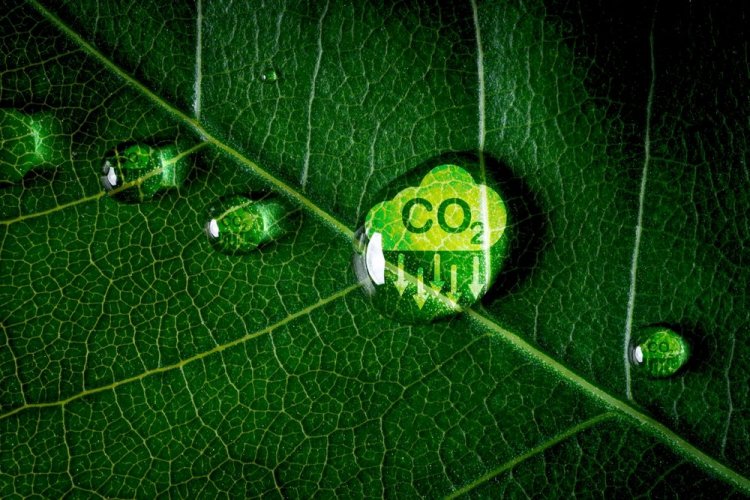In the context of a full-scale war in Ukraine, the introduction of the European Union's carbon border adjustment mechanism (CBAM) will be an excessive financial burden for our country's economy.
This conclusion was made by the European Business Association (EBA). The EBA reminded that the deadline for submitting the first report under the CBAM expired on January 31.
"Even before the full-scale invasion, the EU identified Ukraine as one of the countries that would be most affected by the implementation of the CBA. According to pre-war EY estimates, the CBAM could potentially cost Ukrainian producers $300 million. Under current conditions, such a financial burden would be excessive for the Ukrainian economy. The industries and enterprises subject to the SBAM are already among the most affected by the hostilities. It should also be noted that due to the blockade of the Black Sea ports, Ukrainian companies have limited options for exporting to countries other than the EU. For example, before the war, 45% of mining and metals exports went to the EU, and in 2023, 85% of exports went to the EU," the article says.
It is noted that in more than three years since the adoption of the relevant resolution by the Cabinet of Ministers, a negotiating group with the European Commission regarding the application of CBAM to Ukraine has not been created. At the same time, other countries are actively conducting negotiations in this direction.
To influence the situation, the EBA Committee on Industrial Ecology and Sustainable Development proposes to focus on two tasks: to achieve the application of the CBAM to Ukraine on a declarative basis, and to develop and implement the CBAM in Ukraine.
We remind you that on May 10, 2023, Regulation (EU) 2023/956 of the European Parliament and the Council on the introduction of the carbon border adjustment mechanism (CBAM) was adopted. From October 1, 2023, there is a transition period of CBAM, during which the importer only reports CO2 emissions embedded in the import of goods subject to CBAM, without charging the corresponding fee. From January 1, 2026, the mechanism will be fully operational. Its essence is as follows: the importer of goods subject to CBAM, when importing it to the European Union, must pay for CO2 emissions by purchasing the appropriate number of CBAM certificates at the market price formed in the EU greenhouse gas emissions trading scheme (EU ETS).
At the first stage, CBAM will be extended to iron and steel, aluminum, cement, organic chemicals, fertilizers, electricity and hydrogen, and by 2030, CBAM should cover all sectors covered by Directive 2003/87/EC of the European Parliament and of the Council of 13 of October 2003 on establishing a system of trading quotas for greenhouse gas emissions within the Union and amending Council Directive 96/61/EC.





